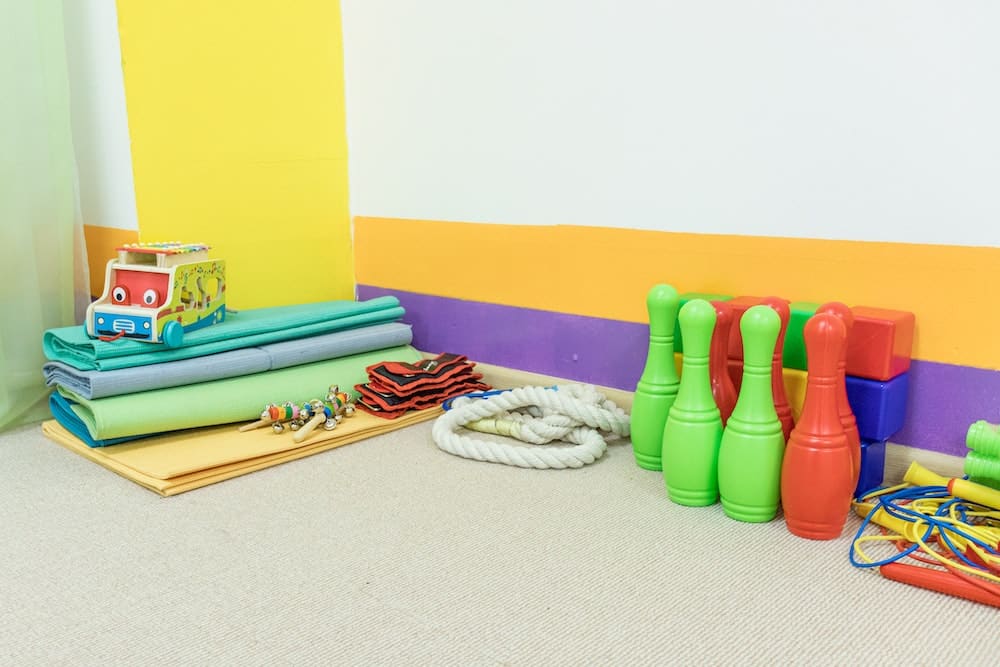How Can You Integrate a High-Efficiency Solar Water Heater in a Suburban Home?

Harnessing the sun’s energy to heat water is one of the most efficient ways to save electricity while also reducing your carbon footprint. With the advent of solar water heaters, homeowners can now exploit the sun’s endless supply of energy to heat their water. Solar water heaters are built around a simple concept: a solar collector absorbs the sun’s energy and uses it to heat water.
In this article, you will learn how to integrate a high-efficiency solar water heater into a suburban home. We will cover the two main types of solar water heaters, active and passive, and discuss the factors that you need to consider in terms of cost, lifespan, and efficiency. Whether you are a homeowner looking to make your home more sustainable, or a contractor interested in the latest heating systems, this guide will provide the necessary information you need.
A lire aussi : How to Design a Home Office with Ergonomic Features for a Home Entrepreneur?
Topic to read : How Can You Design a Shared Children’s Bedroom That Encourages Study and Play?
Understanding Solar Water Heating Systems
As we delve into the world of solar water heaters, it’s essential to understand how these systems work. Solar water heating systems can be either active or passive. Active systems use pumps and controls to circulate water, while passive systems use natural convection to circulate water. Both systems work by capturing the sun’s heat and transferring it to your water tank.
Sujet a lire : How Can You Design a Shared Children’s Bedroom That Encourages Study and Play?
Solar water heating systems consist of solar collectors and storage tanks. The solar collector is a device that absorbs sunlight and converts it into heat. This heat is then transferred to the water. The heated water is stored in a tank until it’s needed.
Also read : What’s the Best Way to Combine a Playroom and Guest Room in a Small Space?
Solar water heaters can be used in any climate, and the fuel they use—sunshine—is free.
Active Solar Water Heating Systems
Active solar water heating systems incorporate pumps and controls to move heated water from the collectors to the storage tank. These systems are more efficient than passive systems as they can control the flow of hot water, ensuring that your home has a continuous supply of heated water.
There are two types of active systems: direct circulation systems and indirect circulation systems. Direct systems circulate household water through the collectors and into the home, while indirect systems use a heat-transfer fluid, which is heated by the collectors and then transferred to the water in the tank through a heat exchanger.
Active systems will generally cost more than passive systems due to their more complex design and the additional equipment needed. However, they can provide a more consistent supply of hot water and are typically more efficient in colder climates.
Passive Solar Water Heating Systems
On the other hand, passive solar water heating systems rely on natural convection to move water from the collectors to the storage tank. These systems are generally less efficient than active systems but are more reliable and may last longer.
Two common types of passive solar water heating systems are integral collector-storage (ICS) systems and thermosyphon systems. In an ICS system, water is heated directly inside the solar collector, then flows to the storage tank when a hot water tap is opened. In a thermosyphon system, the collector heats the water, which then rises naturally into the tank due to the thermosyphon principle.
Passive systems are usually less expensive to install than active systems but may not provide enough hot water for large families or high-use households.
Evaluating the Costs of Solar Water Heating Systems
An essential factor to consider before installing a solar water heating system in your home is the cost. Many factors can affect the price of a solar water heater, including the system’s size, its efficiency, and your location.
While the upfront costs of a solar water heating system can be high, the savings on your energy bills over the years will more than offset the initial investment. On average, a solar water heating system can cut your water heating bill by 50 to 80 percent.
Moreover, in the United States, federal tax credits for solar energy can reduce the cost of a solar water heating system by 30 percent. Some states and local governments also offer incentives that can further decrease the cost.
The Lifespan of Solar Water Heaters and Their Impact on the Environment
Solar water heaters are not only cost-effective but also long-lasting and environmentally friendly. Most solar water heaters have a life expectancy of 20 years or more, which is longer than conventional water heating systems.
By reducing your reliance on electricity or natural gas for water heating, solar water heaters help to reduce greenhouse gas emissions. Over its lifespan, a solar water heater can offset the equivalent of driving a typical passenger car more than 120,000 miles.
Solar water heaters are an excellent choice for homeowners who want to save on their energy bills and reduce their carbon footprint. With advancements in solar technology, these systems offer an increasingly efficient and reliable way to harness the sun’s energy to provide hot water for your home.
Installation Process for Solar Water Heaters
The installation process for a solar water heater requires careful planning and execution. It involves more than simply mounting solar panels on your rooftop. The process starts with a thorough evaluation of your home’s layout, roof design, and available sunlight exposure. This helps in determining the type and size of the solar water heating system that best suits your needs. Solar companies provide professionals who have the expertise to conduct such assessments.
Once the evaluation is complete, the next step is to install the solar collectors. These are generally installed on the roof for maximum sunlight exposure. The positioning of the collectors is crucial to ensure they absorb the maximum amount of solar energy. An incorrectly positioned collector can significantly reduce the system’s efficiency.
The solar collector is then connected to the storage tank. In active solar water heating systems, pumps and controllers are also installed to regulate the flow of hot water. The entire system is then connected to your home’s existing water supply. The installation process can take between 2 to 3 days, depending on the complexity of the system.
It’s essential to have your solar water heater installed by a certified professional to ensure it’s set up correctly and safely. Many solar companies offer installation services, making the process easier for homeowners.
Maintenance of Solar Water Heaters
Maintenance is a vital aspect of owning a solar water heater. Regular maintenance can prolong the lifespan of the system, ensure optimal performance, and prevent costly repairs. For most solar water heaters, maintenance involves inspecting the system at least once a year. The inspection should ideally be performed by a solar thermal technician.
During an inspection, the technician checks the entire system for any signs of wear and tear, leaks, or blockages. The pumps and controllers in active solar systems also need to be checked to ensure they are functioning correctly. The solar collectors should be cleaned regularly to ensure they continue to effectively absorb sunlight.
In areas with hard water, mineral deposits can build up in the system over time, reducing its efficiency. This can be prevented by installing a water softener or descaling the system regularly.
Despite the requirement for regular maintenance, solar water heaters are generally very durable and can provide a steady supply of hot water for many years.
Conclusion
Integrating a high-efficiency solar water heater in a suburban home is a smart and sustainable choice. Not only does it help homeowners cut down on their energy bills, but it also aids in reducing the carbon footprint. Whether you opt for an active or passive solar water heating system, the benefits are considerable.
The installation process, although complex, is made easier with assistance from professional solar companies. With regular maintenance, a solar water heater can last for more than 20 years, providing a reliable and eco-friendly source of hot water.
As we move towards a more sustainable future, harnessing solar energy for everyday use is becoming increasingly important. Investing in a solar water heater for your home is a step in the right direction.
